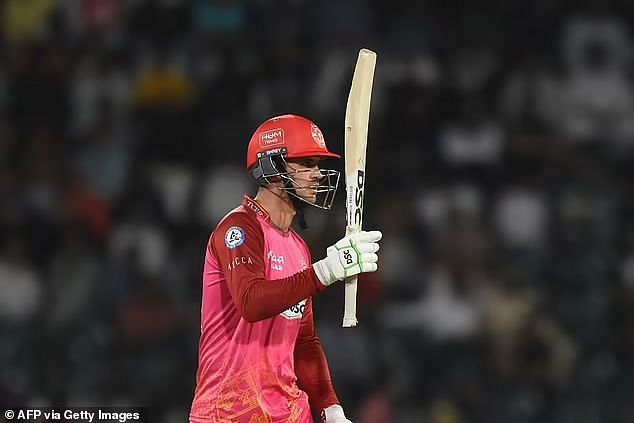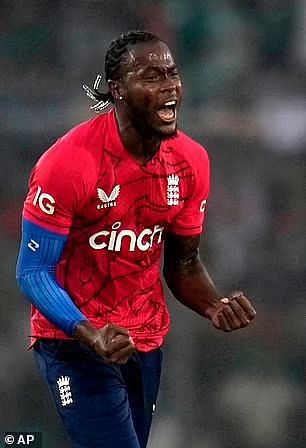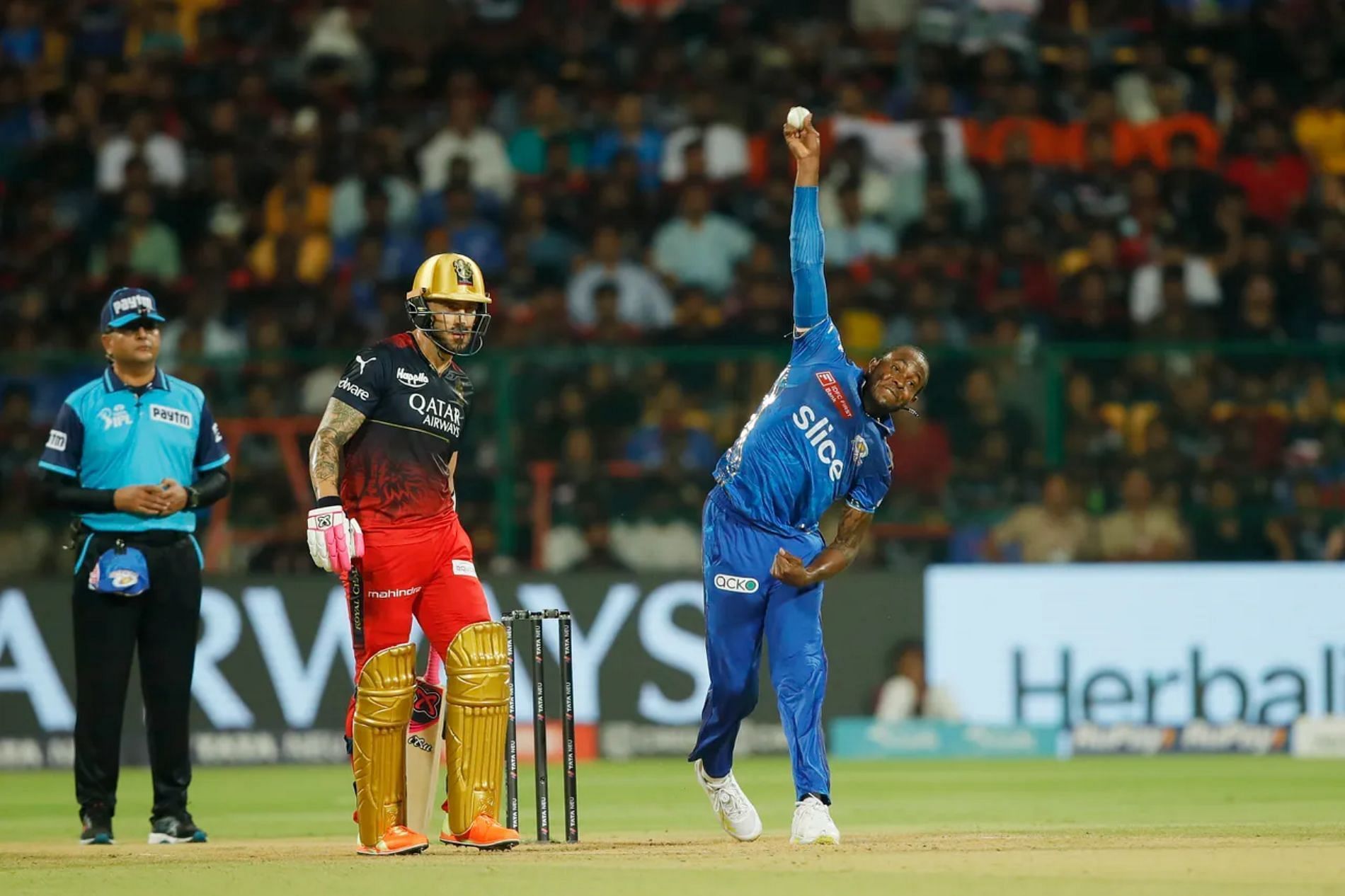
3 reasons why yearly contracts between players and franchises is the way forward in cricket
Even as the debate over country versus money continues, reports have emerged that the Mumbai Indians (MI) franchise is pondering acquiring the services of England fast bowler Jofra Archer on a long-term basis. As per a report in The Daily Mail, the Mumbai franchise is set to offer the cricketer a multi-million-pound contract.
Mumbai Indians own teams in various T20 leagues. Archer is part of MI in the IPL as well as SA20. If the deal with the fast bowler is sealed, Archer would end up representing the franchise in all the T20 leagues that they are part of.
Significantly, the report claimed that, as per the rules of the contract, the England and Wales Cricket Board (ECB) would require MI's permission to acquire the services of Archer for international cricket.
While there has been no official update over the same, the move could be a path-breaking one.
On that note, we look at three reasons why yearly contracts between players and franchises could be the way forward in cricket.
#1 Franchises would want some degree of uniformity across teams
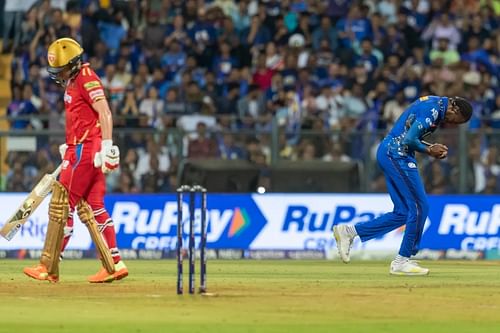
As mentioned earlier, franchises have bought teams in various T20 leagues. In fact, all six teams in the SA20 are owned by IPL franchises - Mumbai Indians, Chennai Super Kings, Lucknow Super Giants, Sunrisers Hyderabad, and Rajasthan Royals.
Franchise cricket is here to stay and the expansion would mean owners buying teams in other T20 leagues as well to grow their footprint.
Uniformity with teams is something that franchises would want to have across the various T20 leagues they are a part of, at least when it comes to the main players.
Take the case of Aiden Markram. He led Sunrisers Eastern Cape to victory in the inaugural SA20 and was subsequently named captain of the IPL franchise SunRisers Hyderabad as well.
Of course, having the same teams across various T20 competitions is practically impossible. But wherever they can, franchises would look to ensure that their main players are the same across different leagues.
In that sense, reports of a long-term contract being offered to Archer don’t come as a surprise.
#2 The financial security on offer might be too hard to ignore
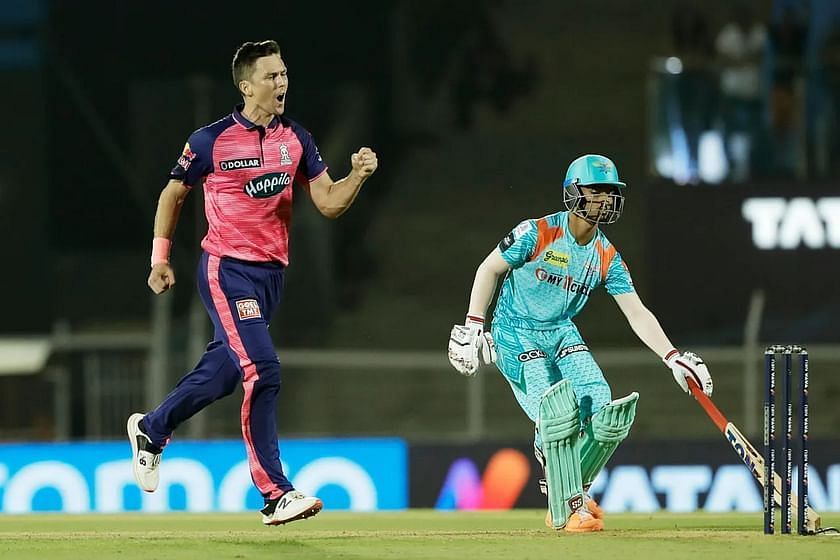
There have been a few instances in recent times which have reignited the league versus international cricket debate.
New Zealand fast bowler Trent Boult’s decision to give up his central contract was met with mixed responses. Before that, England's Ben Stokes announced a shock decision to quit ODI cricket to focus on other formats, citing the crammed international schedule.
There have been a number of players, including Virat Kohli, who has admitted to mental fatigue, owing to international cricket assignments with hardly any break. The same has forced many cricketers to take some time away from the game. While players like Kohli have the ability to find their way back, the same does not hold true for everyone.
Financial security is something that every individual seeks and this is no different for cricketers. Given the fact that cricketing careers are getting shorter due to excess workload, contracts between players and franchises could be the way forward.
It can be viewed as a win-win situation for both parties. So, we might see Archer representing Mumbai Indians in all their competitions in the near future. The same could be the case with Boult and Rajasthan Royals (RR).
#3 It’s a sign of changing times
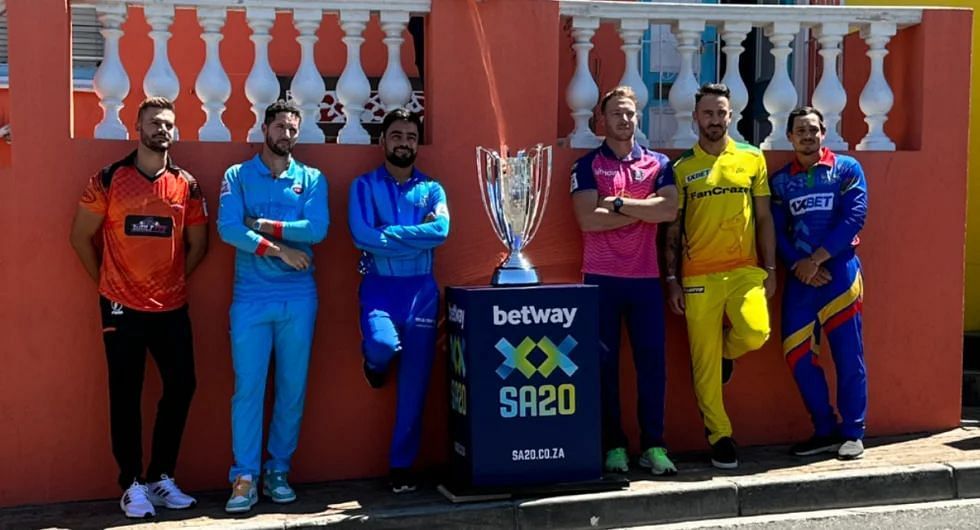
Old timers and conventional thinkers would obviously raise questions over the contract-based system taking precedence. It is understandable since they were part of a completely different era when playing for the country meant everything. Shocking as it may sound, that is not the case anymore.
The sensational success of the Indian Premier League, which has inspired multiple franchise-based tournaments across various parts of the globe, has changed the game forever. Franchise leagues today are viewed on par with international cricket and its supremacy is only expected to grow in the coming times.
Modifications like long-term contracts for players, among others, should be viewed as the tip of the iceberg.
